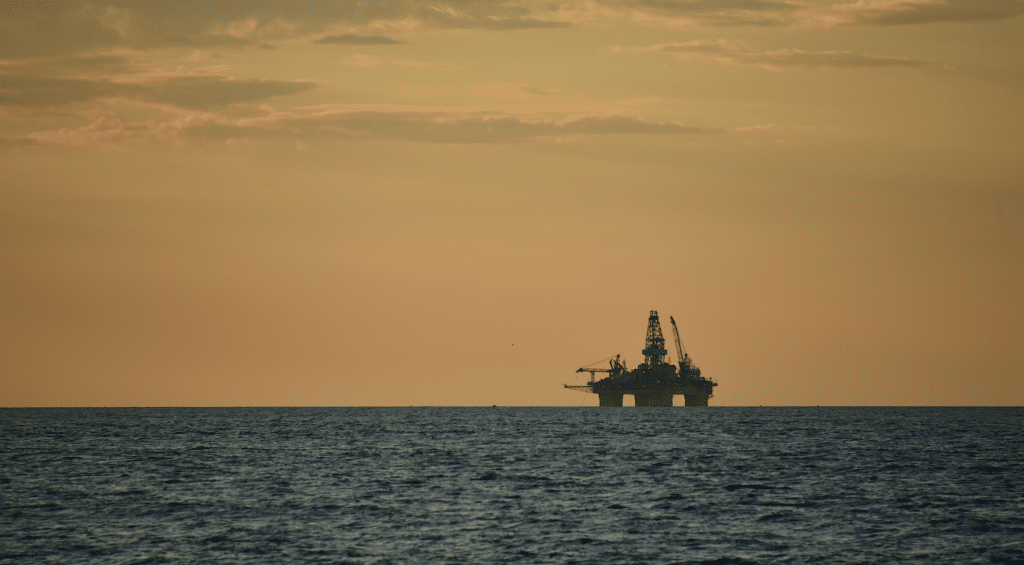As the race to reach net-zero by 2050 continues, the world needs more critical minerals than ever before. One of the ways we could get these minerals is through deep-sea mining.
But what is deep-sea mining?
Put simply, deep-sea mining refers to the practice of extracting minerals from beneath the deep seabed, below 200m. The deep seabed covers about two-thirds of the total seafloor.
A wide variety of minerals can be found there, including copper, cobalt, nickel, zinc, silver, gold and some rare earth elements.
However, there is not a lot known about the potential effects that deep-sea mining could have on the ocean’s ecosystem, or the organisms that live there. Studies and tests are ongoing, but nothing concrete has been done yet.
The UNs International Seabed Authority (ISA) is in charge of deep-sea mining exploration permits, and has until 2025 to finalise regulations on deep-sea mining in international waters.
Members of the ISA are set to meet in 2024 to discuss the potential impacts of seabed mining, but countries are still allowed to conduct mining in their own controlled waters. However, due to funding and technical problems, not a lot has been carried out.
Deep-sea mining has been in the news recently, with Members of the Melanesian Spearhead Group issuing a moratorium on the topic, putting a hold on emerging projects in each jurisdiction.
The group comprises of leaders from Papua New Guinea (PNG), Fiji, the Solomon Islands, Vanuatu and pro-independence political parties from the French territory of New Caledonia.
The moratorium cited environmental instability and a lack of research into the effects of deep-sea mining.
“(The members recall) Pacific Island Leaders identifying climate change as the single greatest existential threat facing the Blue Pacific Continent and subsequent declaration at the Pacific is in a state of climate emergency,” the moratorium said.
“(The members acknowledge) that very little is known of the effect of seabed mining to the ecosystems of the ocean and sensitive to the ways in which initiatives by one country can affect development prospects, including the natural environment beyond national boundaries, including the common heritage of humanity.”
It remains to be seen what will emerge in the future of deep-sea mining.



